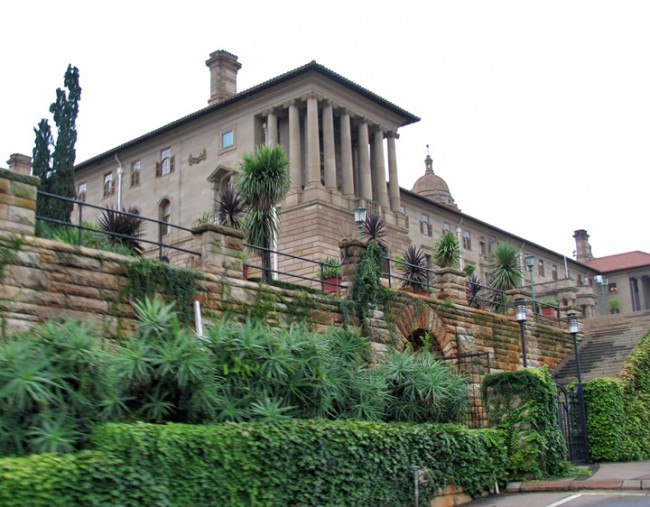
Chinese citizens of South Africa are once again being reclassified as blacks by the ruling government. A ruling by a high court in South Africa last week brought the reclassification of the Chinese people of South Africa into law and termed their race as black. The black term used in South Africa refers to Africans, Indians and other citizens who were discriminated against under the white apartheid rule.
Before the 1994 democratic election the Chinese people of the country fell into the category of Asians and along with the Africans and Indians had been subject to the apartheid divisions. After the 1994 election, the Chinese people were allowed more democracy and their status along with their black counterparts increased.
The Chinese arrived in South African long before the apartheid system was implemented and worked in gold mines. The government of that time did not encourage the Chinese immigrants to settle permanently in South Africa. The majority of the Chinese were sent back home and the few who remained behind experienced a veritable difficulty with culture, language under the racism laws. The Chinese at that time chose to live in isolated communities.
This reclassification is not the first time the Chinese people have been subjected to this change. In the late 1940s, apartheid became a new law, and they were classified as ‘colored people’ and denied the rights to education and business opportunities. The Chinese people did not have the right to live in white areas. During the 1970s, the current apartheid government established economic ties with Taiwan and the Chinese people were classified as “honorary whites.” This allowed the Chinese to start businesses and benefit under the apartheid government.
During the 1980s, the Chinese were exempted from various laws governing the African, Indian and other population groups. Segregated facilities were not enforced enabling a better quality of life. The Chinese South Africans were not granted the right to cast a vote in any elections.
With the democratic election during 1994, the Chinese immigrants remained in a gray area and were classified as white people. This status denied the Chinese the ability to benefit from post apartheid benefits.
It is estimated that approximately 300,000 Chinese live in South Africa today and the new reclassification to black will only affect the people living in the country before 1994. Since the post apartheid days, China has made significant investments in South Africa and the rise of Chinese people immigrating to the country. In all probability, this reclassification will only affect a small number of Chinese citizens.
During 2006, the Chinese Association of South Africa claimed its people were discriminated against and charged the government to implement a change to the law. The Chinese people were unable to obtain or qualify for business contracts and job promotions reserved for post apartheid victims. The Association argued its people had been treated unfairly under the apartheid practice and should be reclassified to correct the wrongs of the past.
The South African Employment Equity Regulation of 2014 sets numerical goals and targets for employers to use. The demographic profile is to regulate the different cultures and verify their significance of promotion to top positions. Blacks, Coloreds, and Asians are favored to achieve top posts in management as a way of boosting affirmative action.
Race reclassification in the Employment Structure by dividing the demographics into national and provincial basis not only undermines the Constitution of South Africa. It is a reminder for the apartheid victims of discrimination based on ethnicity and skin color.
Post apartheid has brought the Black economic empowerment (BEE) into the economic strategy of South Africa for the benefit of discriminated citizens of the past. This implementation is an attempt to decrease the racial gap between rich and poor. The BEE is not an affirmative action policy although the employment equity policy is a strong part of this structure. The BEE framework is intended to benefit the underprivileged and eliminate inequality of the people.
The government approach is to focus on historically disadvantaged people including black people, women, rural communities and the disabled. The policy strives to enable more black people to achieve a significant change in the racial composition of ownership and management structures. BEE is a procedure to promote accessible funds to black economic empowerment and give priority to government procurement.
The Chinese reclassification to black would now allow this group of people to have preference to government tenders and more business opportunities than during the apartheid rule. A democratic society would allow for the skill and expertise of any individual to achieve a high status irrespective of their color, creed or culture. Chinese citizens reclassified as black in South Africa is another strategic move that could achieve the opposite of democratic transformation.
By Laura Oneale

